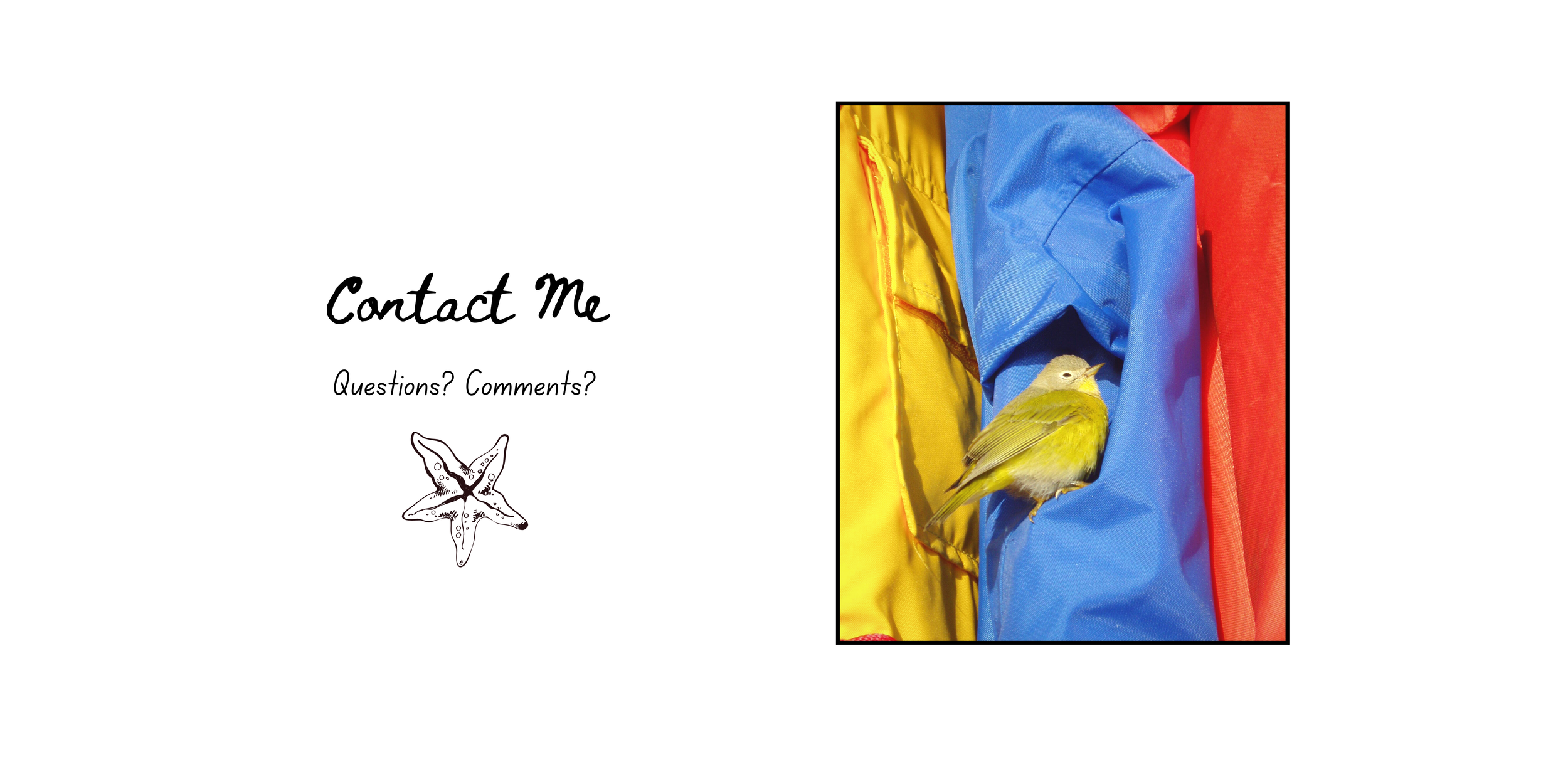Listen to the Music
As glorious spring arrived here in midcoast Maine, my writing mojo was stuck, frozen in the deep winter of “you are never going to get out of this place, lady.”
I’m drafting, so I told myself that I should be comfortable with the world of incompletely formed story pieces, plot holes, etc. But the perfectionist part of my brain was clearly NOT. It slowed my writing to a trickle, and my writing avoidance kicked in. When I did sit down, determined to make progress, I found myself without focus and unsure of what to do next. Should I power through and keep going? Should I stop and revise to be better positioned to move forward? My brain was looking for a map through the wilderness.
And that’s when it happened: complete paralysis. Cue the busy life chaos (end of school year times for the middle parenting years is no joke). My writing progress ground to a halt. Enter the real spiraling: Should I even keep writing? Can I hack this when the creative marsh gets super sloggy? Can I take one or two or ten more rejections? (Oh, did I mention I am still querying my first novel?! Insert the maniacally unhinged laughter…)
Never fear, reader! I assure you: I am back at my desk. I survived the (totally not really at all a) crisis.
How? That’s the trickier part, isn’t it?! Because we are diverse creators, there is no universal way of getting unstuck. Perhaps there is even no universal way of getting unstuck for one person every time, as our processes and craft evolve. AND, real talk, every book is different! The journey through every book is going to be slightly different as well.
I just attended a webinar on getting unstuck offered through the wonderful online writing hub, Inked Voices. The presenter, author H.M. Naqvi, suggested that you must first diagnose whether you have a problem of process or a problem of craft. I think this is a great place to start. What works for me about this approach is to get into a noticing frame of mind. Personally, I don’t find it particularly helpful to be prescriptive in how to get unstuck, but rather to gently consider where creative paralysis might have taken root.
In order to break my own log jam, I considered process first. This is what that looked like for me:
1) Patience, because I may as a well start with my least favorite tendency. I had to allow myself the grace to be “unproductive.” Was I lying on the couch eating bon bons? Heck no, life was FULL. But on top of that, I didn’t have to sit there and beat my head against the wall. I know others will disagree with me, but for me at this phase of my writing life — I am not working on deadline or under anyone’s expectation except my own — I gave myself permission to walk away for a time, trying to leave behind me as much guilt as possible, and trust that I would come back when I was ready. Walking away can allow the rest we may be craving, and the fresh eyes we really need when we return.
2) Filling my creative cup, which is the one I often forget about. Sometimes, when I am feeling low about my productivity, I forget that reading counts. Reading is my number one source of inspiration in writing. A lyrical turn of phrase, a clever story reveal, a character gaff that makes me laugh out loud — these are the things that remind me of the joy of story craft! Also, other creative engines: drawing, painting, handwork, movement, music, whatever moves you. This is SO personal. I have recently been leaning into listening to music from an earlier era of my life, and it’s been so refreshing.
3) Writing in community. It can be lonely to be a writer, and finding support from my writer friends (who are a fount of ideas on how to shake you out of your funk!) is essential. This is also a great source of accountability for me (again, operating as of yet without deadlines) so that I complete work in time for submission to critique partners or show up for a session of writing sprints.
4) Being outside (or wherever you find peace) without distraction. Finding time to simply let my mind wander is where some of my best writing thoughts come to me. Creating the places and people in our stories requires building material, much of which can be found in the world around us. When I need inspiration, the place I find it most is in the environment I am writing about. The senses triggered at the edge of the sea. The sounds of birds in the spring forest. The stillness next to a burbling stream. All of a sudden my characters start talking to me again!
For me, allowing for a process that reduced guilt (the shoulds!), invited curiosity and patience, and gave me space to find the spark in my story again was what I needed. FINALLY the ice began to thaw and the ideas began to flow.
There are many other things to consider when we get stuck, and I now have the mental space to consider where the writing needs to be shored up to provide a more stable framework for the second half of my novel. That’s where craft analysis matters, a story for another time…
Finally, there is some comfort that comes with knowing two important things: this happens. We get stuck, and we can get unstuck. Secondly, you are not alone! MOST OF US GET STUCK at some point along the way. Allow yourself grace in your experience of this totally normal (albeit uncomfortable) part of the process, and some time to listen to the music, too. The work will be waiting for you when you are ready to return.



